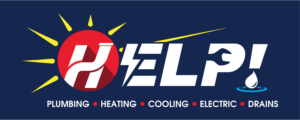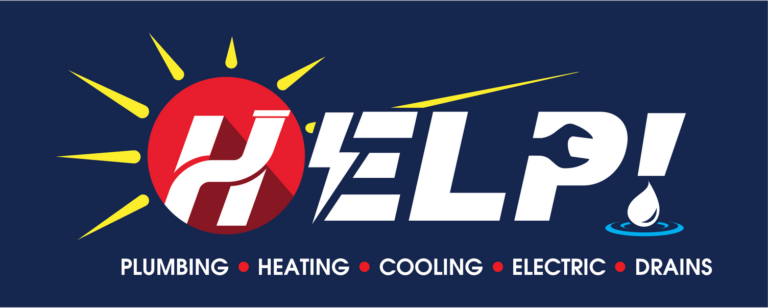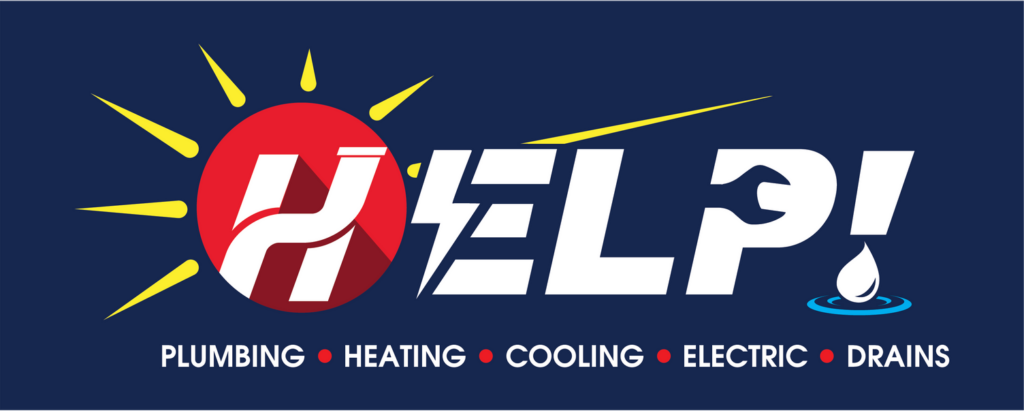Do you suspect your home has a slab leak or have you found issues around the house that could be caused by a slab leak? If you’re unfamiliar with this problem or wondering how to diagnose and resolve it, don’t worry! The team at HELP Plumbing is ready to share some insight on this plumbing issue.
Today, we’ll cover all the basics of slab leaks: what they are, where they come from, how to spot them, and what to do about them.
What Are Slab Leaks?
To understand what a slab leak is, first, you need to know what your slab is. The concrete foundation of your home is the slab. It’s the big concrete structure that your home rests upon so that it is stable and not quite so susceptible to the shifting of the ground. In many homes, water lines and sewer lines run underneath the slab — but if those lines break or deteriorate and begin the leak, it can cause any number of serious problems without being particularly obvious.
And the longer you have a slab leak, the worse it’s going to be — so early detection is a must!
What Causes Slab Leaks?
Slab leaks occur because of some failure in your home’s plumbing. This can be caused by any of the things that typically cause plumbing failures elsewhere — pipes that are too old, faulty installations, chemical reactions from substances you’ve put down the drain or that are found in your soil, etc. You can also have problems more unique to slab leaks, such as shifting of the soil and/or the slab damaging the lines.
How Can You Detect a Slab Leak?
You can look for a slab leak the same way you would detect any other leak. For example, you notice your water bill is going up, there’s standing water where it shouldn’t be around your home, or you hear the sound of running or dripping water. You might also see problems that suggest issues with your foundation, such as cracks along ceilings and walls, shifting of your home, etc.
If your hot water line runs beneath the slab, you might have hot spots. Serious slab leaks might cause humidity or dampness in your home or in the air outside, which can attract pests, lead to mold growth, etc. If a sewer line is ruptured, you might notice the distinctive smell permeating through the air or notice the rapid growth of nearby plants being fed a wastewater slurry.
What Should You Do if You Notice a Slab Leak?
If you have a leak under your slab, it’s important that you resolve it immediately — not in a few days or weeks. Make the call to a skilled plumber like the team at HELP right away so you can try to control the damage and the costs of said damage. An eroded foundation can be a catastrophe for your home, as can soil erosion beneath your home, the water damage from your leak, the water wasted if it’s not coming from an outbound line, etc.
A professional plumber will be able to diagnose a slab leak if you’re unsure you have one and take action to resolve it, such as sewer repair or replacement or other leak repair techniques, and identify and fix any other leaks or plumbing issues that might be causing your symptoms.
HELP Plumbing’s Slab Leak Repair Services
If you’d like to learn more about slab leaks or you suspect you have a slab leak and would like a professional opinion, the team at HELP Plumbing is always willing to assist residents of the Greater Cincinnati and Northern Kentucky region.
Reach out to our professional plumbers today to find out more!


